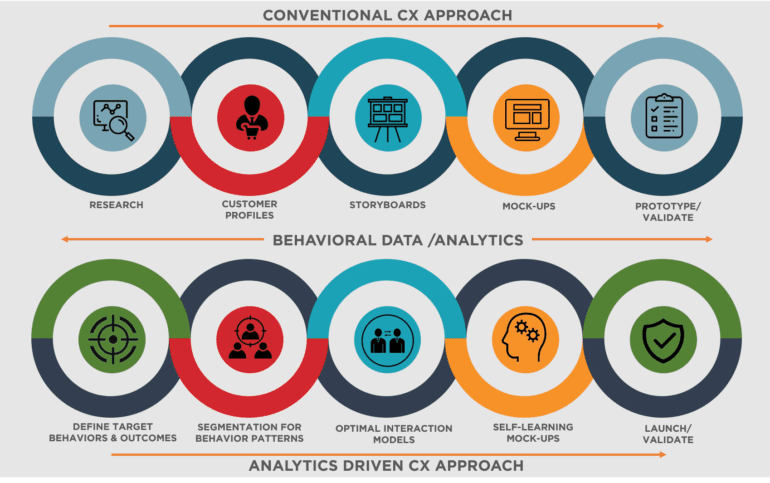TL;DR:
- Hyper-personalized marketing is essential in today’s digital world to effectively engage with target audiences.
- Machine learning enables businesses to gain deeper insights into customer preferences and needs.
- Customer segmentation is enhanced through machine learning, allowing for more sophisticated targeting.
- Content optimization is empowered by machine learning, resulting in more effective messaging and improved audience reach.
- Machine learning helps optimize marketing spend and improve ROI by identifying effective channels and strategies.
- Personalized customer experiences across all touchpoints are made possible through machine learning.
- Machine learning’s role in hyper-personalized marketing will continue to grow, offering businesses a competitive advantage.
Main AI News:
In the dynamic realm of digital commerce, consumers face an incessant barrage of marketing messages on a daily basis. To truly stand out amidst this cacophony and effectively connect with their target audience, businesses must transition from conventional mass marketing approaches to the realm of hyper-personalized marketing. This cutting-edge strategy involves leveraging data-driven insights to deliver customized content, exclusive offers, and tailored experiences to individual customers. At the forefront of this revolutionary paradigm is machine learning, a subset of artificial intelligence (AI) that empowers computers to learn from data and enhance their performance over time.
Machine learning algorithms possess the ability to analyze copious amounts of data, unveiling intricate patterns, trends, and preferences. This invaluable information can then be harnessed to design highly targeted marketing campaigns. By embracing the potential of machine learning, businesses can acquire a profound understanding of their customers, allowing them to deliver more pertinent and captivating content that resonates with each customer’s unique needs and interests.
Customer segmentation stands as one of the primary applications of machine learning in hyper-personalized marketing. Traditionally, marketers relied on demographic data, such as age, gender, and location, to segment their audience. However, machine learning empowers businesses to transcend these rudimentary parameters and construct more sophisticated customer profiles based on a diverse array of behavioral, transactional, and contextual data. This granular level of segmentation enables marketers to craft highly customized messages and offers that are more likely to strike a chord with each specific customer segment, ultimately driving superior conversion rates and bolstering customer satisfaction.
Another pivotal domain in which machine learning assumes a vital role is content optimization. By scrutinizing user engagement data, machine learning algorithms can discern the types of content that yield the most favorable outcomes, such as clicks, conversions, or shares. This invaluable insight can then inform content creation and distribution strategies, ensuring that businesses deliver the right content to the right audience at the opportune moment. Moreover, machine learning aids marketers in optimizing their content for search engines, social media platforms, and other digital channels, thereby augmenting the chances of their message reaching the intended audience.
Machine learning also significantly contributes to optimizing marketing expenditure and enhancing return on investment (ROI). By meticulously analyzing historical campaign data, machine learning algorithms can pinpoint the channels, tactics, and creative elements that are most effective at generating results. This knowledge subsequently guides future marketing strategies, guaranteeing that businesses allocate resources to the most impactful initiatives. Additionally, machine learning aids marketers in optimizing their bidding strategies for paid advertising campaigns, ensuring maximum value from their advertising expenditure.
Lastly, machine learning facilitates the delivery of highly personalized customer experiences across all touchpoints. For instance, machine learning algorithms can analyze customer interactions with a brand’s website, mobile app, or customer service channels to identify areas where the experience can be enhanced. This may entail recommending relevant products or content, streamlining the checkout process, or providing tailored support. By delivering a seamless and personalized experience, businesses can augment customer satisfaction, loyalty, and lifetime value.
Conclusion:
The integration of machine learning into hyper-personalized marketing strategies has transformative implications for the market. Businesses can harness the power of data-driven insights to understand and engage with customers on a deeper level. By leveraging machine learning, companies can deliver highly targeted content, optimize marketing spend, and create personalized experiences that enhance customer satisfaction and loyalty. As machine learning evolves, it will remain a crucial tool for businesses seeking to stay ahead in an increasingly competitive marketplace.

